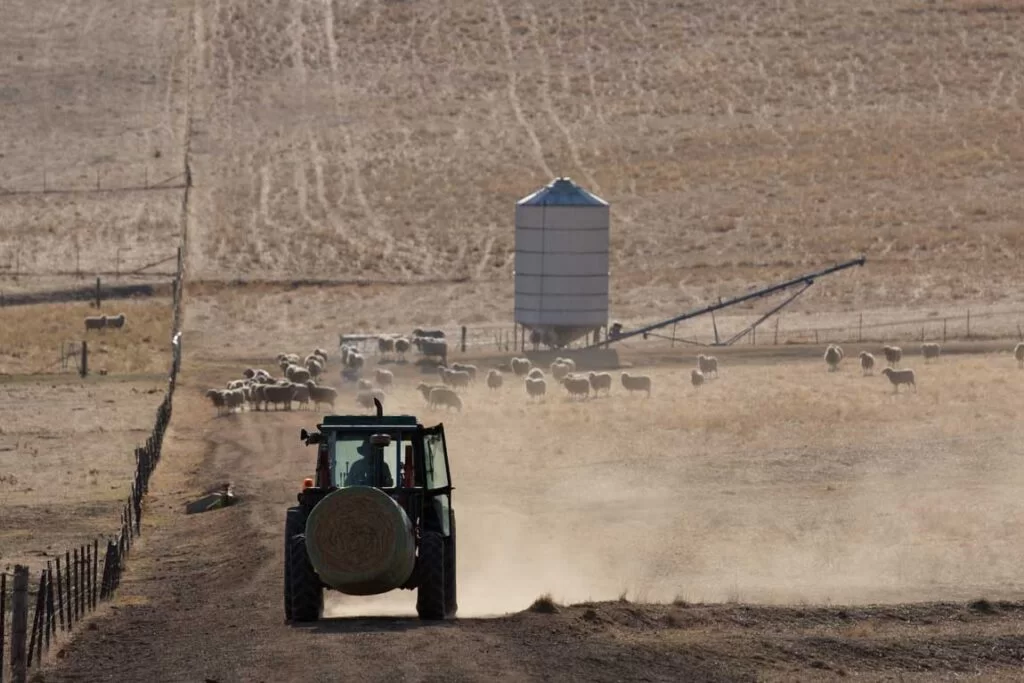Agreed to by the VFF Policy Council
Meeting 182
29 February 2024
Policy Statement
General Principles
1. The VFF strongly believes that farmers are committed to providing the highest standards of welfare by prioritising the health, welfare, and safety of livestock in their care.
2. The VFF recognises that safeguarding animal welfare is key to maintaining animal health and production outcomes and supports Victoria’s world-leading animal welfare regulations. The development of legislation and regulations should provide adequate protections to animals, while reinforcing the importance of animal agriculture to the broader community.
3. The VFF believes that Victorian farmers lead innovations in animal agriculture that benefit animal welfare and enable international market access using the most recent peer-reviewed, scientific evidence.
4. There must be a clear distinction between animal welfare regulation in primary production species, companion animals and pest species. The VFF supports the objective separation of animal welfare regulation by its respective industry, noting that each animal species has unique requirements, guidelines and regulations which may not be applicable nor practicable when applied to the other.
5. The VFF supports the role of science in the formation of animal welfare legislation, regulation, and guidelines, but only where it is objective and practicable. The VFF believes that the Five Domains Model is an appropriate scientific Model upon which to construct animal welfare legislation, regulation and guidelines. Where there are practical or economic difficulties in executing standards, government support for industry is necessary to achieve change.
6. The VFF supports animal welfare legislation underpinned by education and extension in the primary animal production sector. This legislation must be communicated clearly to all stakeholders, including the non-farming community, whose perception of animal agriculture is important to farmers.
7. The VFF accepts co-regulation where the government recognises compliance with industry-led quality assurance schemes or other industry-agreed arrangements as satisfactorily meeting animal welfare objectives in order to minimise the regulatory impact on farmers. The government should recognise that many industry-led quality assurance schemes go further than the minimum required under national Standards and Guidelines.
Animal sentience
8. The VFF believes that animals are living beings that can feel and perceive the world around them. Legislation and regulation in place to safeguard animal welfare must be designed based on peer-reviewed evidence informing the scientific understanding of sentience. The VFF firmly opposes the use and definition of animal sentience outside the current definition that is backed by peer-reviewed, scientific evidence.
Permissions, restrictions, and controlled procedures
9. The VFF opposes restrictions of husbandry practices to veterinarian-only procedures, understanding that Victorian producers deliver the best practice approach to regularly delivered on-farm practices.
10. The VFF rejects the notion of animal welfare and production training and licencing above current lawful compliance, noting that Victorian farmers regularly seek to improve and deliver best practice in a safe and humane manner.
Pain relief
11. The VFF recognises that farmers voluntarily use pain relief in husbandry procedures in line with agricultural best practice.
12. The VFF opposes the subjection of animals to practices which induce an unnecessary, identified, and uncontested negative affective state under the Five Domains Model. Consequently, the VFF supports the restriction or prohibition of these practices provided there is appropriate Government assistance and consultation with industry. This must be accompanied by an organised phase-out period to assist industry with adapting to these changes.
